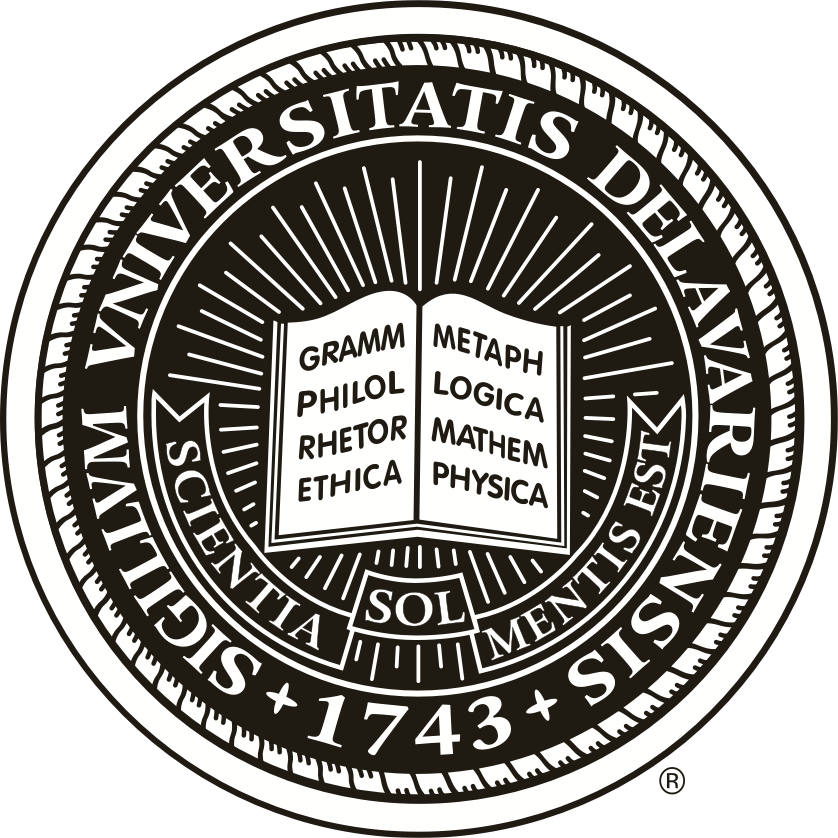Featured articles:
Dec. 1: Sharon Pitt became CIO and VP for IT
Sharon Pitt became the University of Delaware’s chief information officer (CIO) and vice president of Information Technologies (IT) on Dec. 1, 2017. She is the former chief information officer and associate vice president of Information Technology Services at Binghamton University and has held positions at George Mason University, North Carolina State University, James Madison University, and Virginia Tech.
As UD’s CIO, Pitt is a member of the president’s senior staff, providing leadership to the University’s efforts to use information technologies for teaching, learning, research, administrative, and outreach activities. She will also lead the effort to assess how new and emerging technologies can further the University’s mission and goals.
UD IT reports directly to Alan Brangman, executive vice president and University treasurer. In announcing her appointment, Brangman commented that "Sharon Pitt is a proven leader who has demonstrated her ability to build and direct teams who can serve the information technology needs of our faculty, students, and staff. She brings a distinguished record of innovation and strategic thinking to her new role at UD."
Pitt plans to be an accessible and collaborative CIO. To that end, she has made her primary office in Smith Hall, closer to the center of campus, allowing her to get a sense of the overall UD community. Her Smith Hall office location also makes it easier for members of the UD community to meet her.
Her technology leadership at Binghampton University, and other Universities, and her experience collaborating on and leading national and regional initiatives (For example, she is co-chair of EDUCAUSE’s Higher Education Information Security Council [HEISC].) will enable UD IT to identify and implement innovative technology solutions.
With Pitt’s arrival, Jason Cash, who had served as the University’s interim vice president for IT since January 2016, returned to his role as deputy CIO for IT Network & System Services (IT-NSS).
University of Delaware Web Accessibility Initiative
In August 2017, the University put out a call for departments and units to submit items to be included in an inventory of digital content. Those forms, returned to UD IT on September 15, were the first steps in a major initiative to improve the accessibility of all University digital properties (websites, multimedia, social media, digital publications).
Publishing accessible digital content at the University enhances efforts by all colleges, departments, and units to meet President Assanis’ inclusive excellence and student success goals. As a University, we must be committed to making our digital content accessible to all current and prospective students, employees, and other members of the campus community. Therefore, a project team consisting of staff from
- the Office of the Provost
- the Office of General Counsel
- Disability Support Services
- the Office of Equity and Inclusion
- the University Library
- UD Information Technologies
- the Office of Communication and Marketing
- the Office of Development and Alumni Relations
- Athletics
- and other units
is engaged in a campus initiative to ensure that the University presents information in compliance with federal laws and regulations about the accessibility of online information, specifically Section 504 of the Rehabilitation Act of 1973 and the Americans with Disabilities Act of 1990. The goal is to teach the campus community how to create content that conforms to the World Wide Web Consortium (W3C) Web Content Accessibility Guidelines 2.0 Level AA (WCAG 2.0AA).
The initiative will create a website that contains or links to accessibility resources, training for all who write or create digital content, and tools to help developers be sure that their content is accessible.
As this introductory video from W3C indicates, following the principles of accessible design often improves the experience for all people visiting a website, using a web form, following a social media feed, watching a video, or reviewing the content of a podcast. The video also introduces content developers to some of the less well-known disabilities that can interfere with someone having a successful interaction with digital content.
If you have any questions about this initiative, send email to accessibility@udel.edu.












